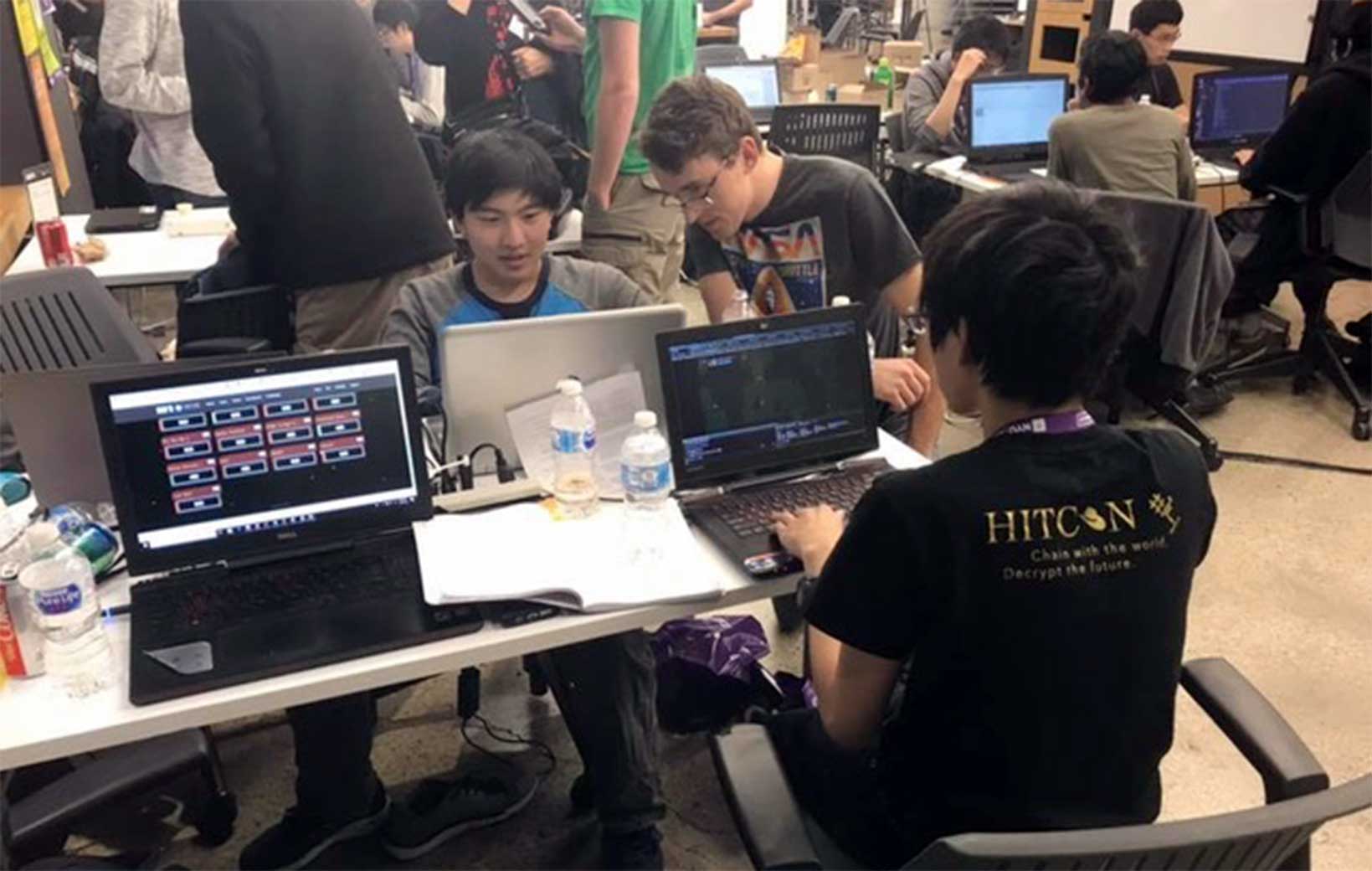Box 19015
Arlington, TX 76019
Deliveries
CSE Department
c/o UTA Central Receiving
Box 19015
1225 West Mitchell
Arlington, TX 76019
The Computer Science and Engineering Department offers undergraduate and graduate degrees in computer engineering, computer science and software engineering, as well as several graduate certificate programs.

We are leaders in areas such as big data and large-scale computing; biocomputing and health informatics; networks; computer vision and multimedia; database and information systems; embedded systems and mobile computing; machine learning and data mining; robotics and artificial intelligence; security and privacy; software engineering; and sustainable computing.
You will develop the skills and knowledge to gain an intricate understanding of what it takes to have a successful career in these areas and more. Through in-class learning and hands-on experiences, you will be ready to take on the challenges of today and the future.
More than half of our undergraduate students complete a co-op or internship to gain practical work experience prior to graduation, and they are often hired by the companies they intern with. You can find your own opportunity, or the Engineering Co-op/Internship Office can help you.
Students may work alongside faculty on funded research, doing real lab work and gaining valuable skills. Qualified students may use federal work-study funds to participate in such research, and the College of Engineering sponsors more than 40 undergraduate research projects each year.
Finally, all undergraduate students complete a capstone course prior to graduation, finding solutions to real-world problems, often with financial support from an industry partner.
The undergraduate programs in Computer Science, Computer Engineering, and Software Engineering in the Department of Computer Science and Engineering are accredited by ABET.
 COMPUTER SCIENCE (CS) PROGRAM EDUCATIONAL OBJECTIVES
COMPUTER SCIENCE (CS) PROGRAM EDUCATIONAL OBJECTIVESProgram educational objectives of the Computer Science Program are what the program expects its graduates to attain within three to five years after graduation. Graduates of the UTA Computer Science Program will:
 COMPUTER ENGINEERING (CPE) PROGRAM EDUCATIONAL OBJECTIVES
COMPUTER ENGINEERING (CPE) PROGRAM EDUCATIONAL OBJECTIVES
Program educational objectives of the Computer Engineering Program are what the program expects its graduates to attain within three to five years after graduation. Graduates of the UTA Computer Engineering Program will:
 SOFTWARE ENGINEERING (SE) PROGRAM EDUCATIONAL OBJECTIVES
SOFTWARE ENGINEERING (SE) PROGRAM EDUCATIONAL OBJECTIVES
Program educational objectives of the Software Engineering Program are what the program expects its graduates to attain within three to five years after graduation. Graduates of the UTA Software Engineering Program will:
From the educational objectives of the BSCS program (described above), the department designed the programs to meet the following Student Outcomes, to ensure that its graduates are able to:
From the educational objectives of the BSCpE and BSSE programs (described above), the department designed these programs to meet the following Student Outcomes, to ensure that its graduates have:
Second, but of equal importance, the BoA meetings will be a forum whereupon the CSE department’s administration, faculty, and staff may engage with representatives of industry, communities, and governments in partnership on projects, issues and/or concerns, such that the interests of the department and the partners are advanced.
Third, the industry/organization members, along with the support of the CSE department administration, faculty, and staff, will work together in identifying opportunities to enrich the student experience by planning and holding events where students are able to engage with both industry/organization representatives and the CSE administration, faculty, and staff. It is recognized that by being a member of the CSE BoA, the respective company/organization and their representative are giving their own time and effort. This is a valuable commodity and is much appreciated by the CSE Department. As a result, these members will be afforded opportunities to get to know the students outside of the normal “career day” activities, thereby giving them a first look at who they may be interested in approaching for intern positions and employment.
Fourth, the industry/organization members will offer advice and insight to the administration and faculty for the purpose of ensuring that the CSE department is doing everything possible to continually meet the requirements of certification organizations such as ABET and SACS.
Lastly, the BoA members, when needed, will advise, make recommendations, and guide the UTA CSE department on how it may seek out the funds needed to reconcile the shortfall of funds allocated to the CSE department. These additional funds enable the department to continue to offer scholarships (including non-resident tuition waiver scholarships), as well as cover operational needs, design project sponsorships, and other necessities. The CSE Department realizes the sensitive nature of this last item, and understands not all members may be able to directly contribute dollars, but are able to contribute their knowledge, time, and effort in support of CSE meeting its commitments to the primary stakeholders (the students, the college, the university and the companies/organizations that hire them).
Hong Jiang
Nedderman Professor and Chair
639 ERB | 817-272-3567
hon[NOT-THIS-PART]g.jiang@uta.edu
Chengkai Li
Professor and Associate Chair
628 ERB | 817-272-0162
cl[NOT-THIS-PART]i@uta.edu
David Levine
Associate Professor of Practice and Associate Chair
525 ERB | 817-272-2349
dav[NOT-THIS-PART]el@uta.edu